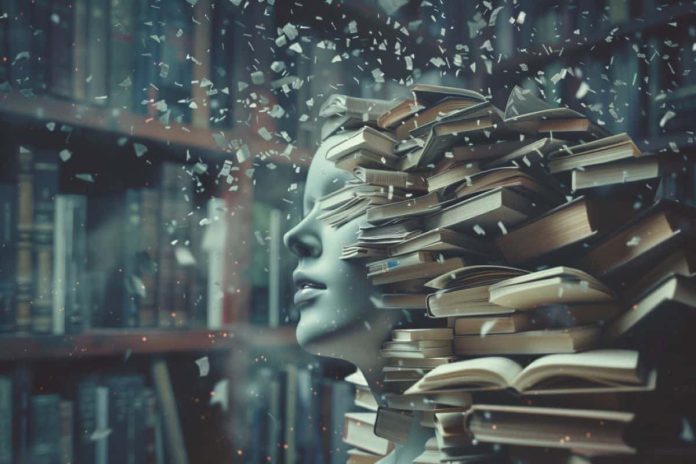NEW DELHI, July 15: Stories created with help of ChatGPT are more creative, engaging their audience with more plot twists, compared to those by writers not using the tool, according to a research.
However, researchers also found that diversity in stories by writers using generative artificial intelligence’s (GenAI) suffered, therefore increasing the risk of “collective novelty”.
GenAI can create content — text, image, audio or video — and is based on large language models, which are trained on massive amounts of text data and can, therefore, process, interpret and respond to requests in the natural language that humans use to communicate.
The authors of the study, published in the journal Science Advances, found that writers inherently more creative benefitted the least from ideas generated by ChatGPT, while those less creative became more creative due to ideas suggested by the GenAI model.
Therefore, AI “effectively equalised creativity” among all the writers, the team of researchers said.
“While these results point to an increase in individual creativity, there is risk of losing collective novelty. If the publishing industry were to embrace more generative AI-inspired stories, our findings suggest that the stories would become less unique in aggregate and more similar to each other,” said study author Anil Doshi, assistant professor at the University College London’s School of Management, UK.
For the study, 300 participants were tasked with writing a short, eight-sentence story (a ‘microstory’) for a target audience of young adults, of whom 600 were recruited to judge the writers’ work.
The writers were divided into three groups. The first was allowed no help from AI, while the second was allowed to take one idea, along with the first three sentences of the story, created by ChatGPT for inspiration. The third group was allowed to choose from up to five AI-created story ideas.
The authors found that the work of writers taking the AI’s help were over 8-9 per cent more novel, compared to that of writers not relying on the AI. Along with novelty, the microstories were judged for “usefulness” — were they engaging enough for the audience, and could they be developed and potentially published?
The team also found that the less creative writers ‘became’ more creative, with AI making their stories more novel by 10.7 per cent and more useful by 11.5 per cent, compared to the stories of writers not taking AI’s help.
The AI made the work by less creative writers up to 26.6 per cent better, 22.6 per cent more enjoyable and 15.2 per cent less boring, the authors found.
The inherent creativity of the writers was measured using a psychological test — Divergent Association Task (DAT).
Divergent thinking, which allows one to think of multiple solutions to a problem spontaneously, is known to be important to creativity.
Further, the authors found that among the writers using GenAI’s ideas, the stories they produced were 10.7 per cent more similar, compared to the writers not using AI. (PTI)


